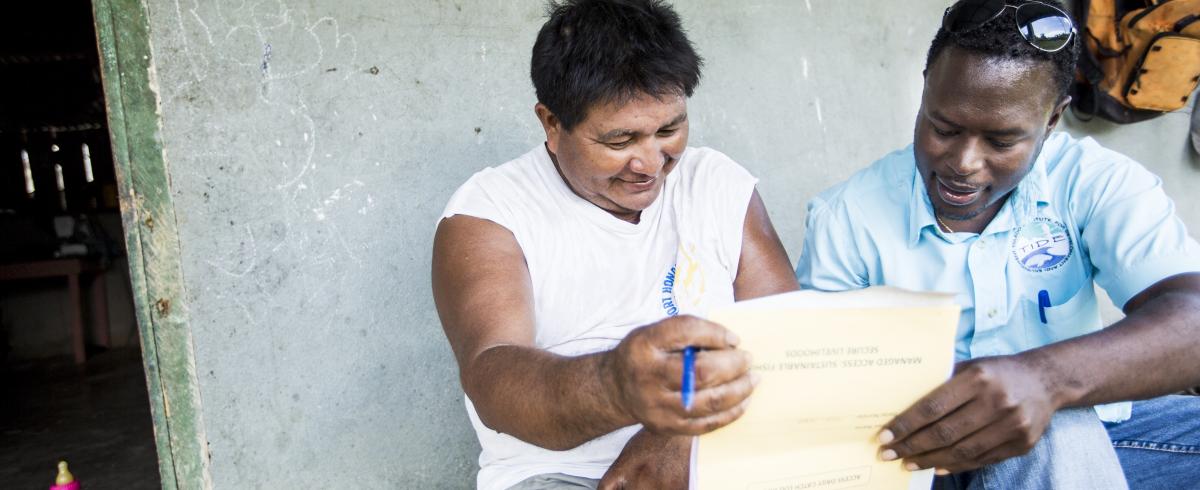Towards gender-equitable small-scale fisheries governance and development
This document, Towards Gender-Equitable Small-Scale Fisheries – A handbook In support of the implementation of the Voluntary Guidelines for Securing Sustainable Small-Scale Fisheries in the Context of Food Security and Poverty Eradication (henceforth the “handbook”), was developed to support gender-equitable small-scale fisheries by enhancing the understanding of their gender dimensions, with a focus on the specific role and conditions of women in the small-scale fisheries sector.

